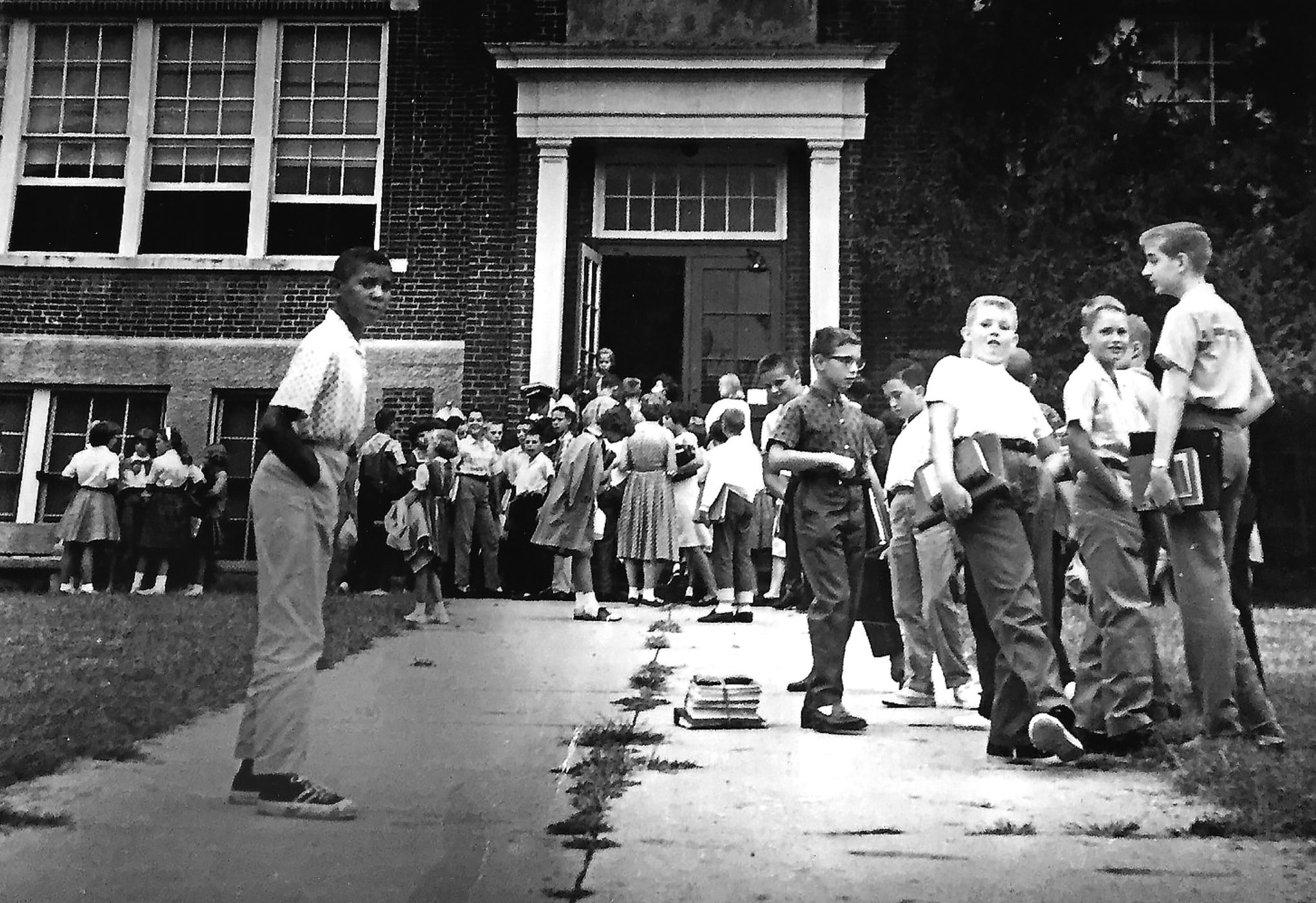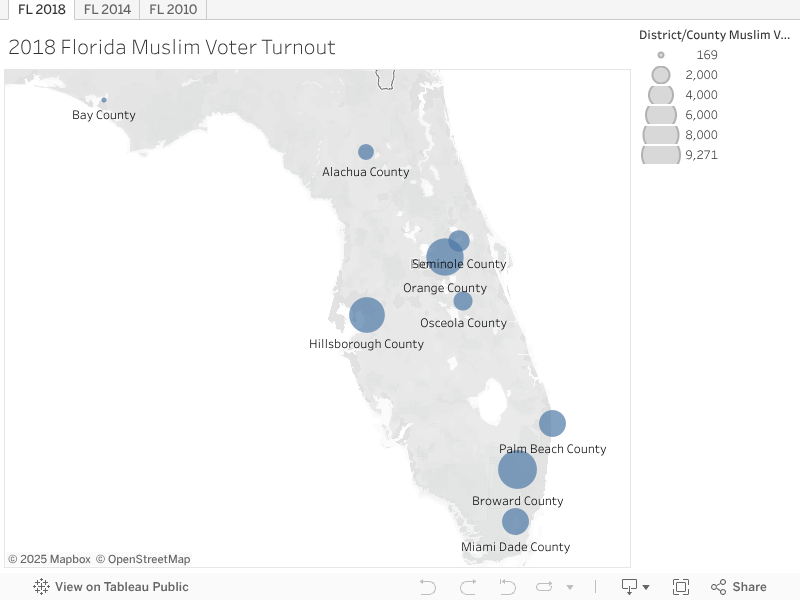School Desegregation Order Terminated: Analysis And Future Outlook

Table of Contents
Historical Context of the Desegregation Order
Understanding the termination requires examining the historical context. The landmark Supreme Court case Brown v. Board of Education (1954) declared state laws establishing separate public schools for black and white students unconstitutional. This ruling, however, didn't automatically lead to integrated schools; significant resistance and legal battles followed. The specific desegregation order in question (the name of the specific order or district should be inserted here if known) likely stemmed from continued segregation despite Brown v. Board.
- Key Legal Precedents: Brown v. Board of Education laid the groundwork, but subsequent cases like Green v. County School Board (1968) clarified the requirements for achieving desegregation, highlighting the need for more than just the elimination of de jure segregation.
- Initial Resistance: The implementation faced significant resistance in many districts, including violent protests, boycotts, and legal challenges designed to delay or circumvent desegregation.
- Timeline and Outcomes: (Insert details about the specific district's timeline – years of implementation, initial successes, setbacks, and the eventual shift in demographics and school composition). This section should provide concrete examples to illustrate the order's impact over time.
Reasons for Termination of the Order
The termination of the desegregation order was likely based on arguments claiming the order’s goals had been met or that it had become outdated and ineffective. These arguments need careful scrutiny.
- Achievement of Goals?: While some progress towards racial balance might have been achieved, persistent racial achievement gaps cast doubt on the claim of complete success. Were the metrics used to determine success truly reflective of equitable educational outcomes?
- Outdated or Ineffective?: Did the order become an impediment to other educational reforms or initiatives? Has the legal landscape shifted, making the order less relevant or enforceable?
- Legal Challenges and Rulings: What specific legal challenges led to the court's decision to terminate the order? Were there shifts in legal interpretations of desegregation mandates?
- Government Oversight: Arguments for termination often cite unnecessary government oversight. However, the counterargument is that without such oversight, progress towards racial equity in education might be jeopardized.
The Role of Racial Achievement Gaps
The persistence of racial achievement gaps is a critical factor in evaluating the impact of the desegregation order's termination.
- Statistical Evidence: Present specific data on test scores, graduation rates, college enrollment rates, and other relevant metrics, comparing different racial groups.
- Contributing Factors: Analyze the complex interplay of socioeconomic factors, systemic inequalities in school funding and resources, and historical disadvantages that contribute to these persistent gaps. This section should delve into the root causes of inequality.
- Impact of Termination: How might the termination of the desegregation order affect these already concerning achievement gaps? Will it exacerbate existing disparities or create new challenges?
Potential Impact on School Diversity
The termination of the desegregation order raises serious concerns about the potential for increased school segregation.
- Increased Segregation?: Analyze the likelihood of schools becoming more racially homogenous following the termination of the order. Will housing patterns and other factors contribute to re-segregation?
- Interracial Relationships: How will the changing school demographics affect interracial relationships and social interactions among students?
- Re-segregation in Specific Areas: Examine specific neighborhoods or school districts that are particularly vulnerable to increased segregation and the potential consequences for those communities.
Future Strategies for Promoting Educational Equity
While court-ordered desegregation may be ending, the pursuit of equitable educational opportunities must continue.
- Addressing Socioeconomic Disparities: Discuss the critical importance of addressing socioeconomic inequalities that disproportionately affect minority students.
- Affirmative Action and Diversity Initiatives: Evaluate the role and effectiveness of affirmative action and other diversity programs in promoting equitable access to education.
- Magnet Schools and Integration Strategies: Explore the potential of magnet schools and other innovative integration strategies to foster diversity and improve educational outcomes.
- Policy Recommendations: Offer specific policy recommendations at the local, state, and national levels to promote school diversity and address achievement gaps. This should include concrete suggestions for legislative action, funding allocation, and educational reforms.
Conclusion
The termination of this school desegregation order represents a pivotal moment, demanding careful consideration of its implications for racial equity in education. While the order's termination might signify an end to court-mandated integration, the struggle for equal educational opportunities continues. Addressing persistent achievement gaps and proactively promoting school diversity requires ongoing commitment from policymakers, educators, and communities. We must continue the conversation and actively work towards solutions to ensure equitable access to quality education for all students. The fight for true school desegregation and educational equity must continue, demanding innovative strategies and unwavering dedication. Let's continue the conversation about the future of school desegregation and work towards a more just and equitable educational system for all.

Featured Posts
-
 Kme Vedjegy Garancia A Kivalo Minosegu Mecsek Baromfi Termekekre
May 03, 2025
Kme Vedjegy Garancia A Kivalo Minosegu Mecsek Baromfi Termekekre
May 03, 2025 -
 Investing In Childhood A Crucial Step Towards Better Mental Health
May 03, 2025
Investing In Childhood A Crucial Step Towards Better Mental Health
May 03, 2025 -
 The Spectators Alan Roden Insights Into His Writings
May 03, 2025
The Spectators Alan Roden Insights Into His Writings
May 03, 2025 -
 The China Factor Why Luxury Car Brands Face Difficulties In The Chinese Market
May 03, 2025
The China Factor Why Luxury Car Brands Face Difficulties In The Chinese Market
May 03, 2025 -
 Understanding The Political Moment Voter Turnout In Florida And Wisconsin
May 03, 2025
Understanding The Political Moment Voter Turnout In Florida And Wisconsin
May 03, 2025
